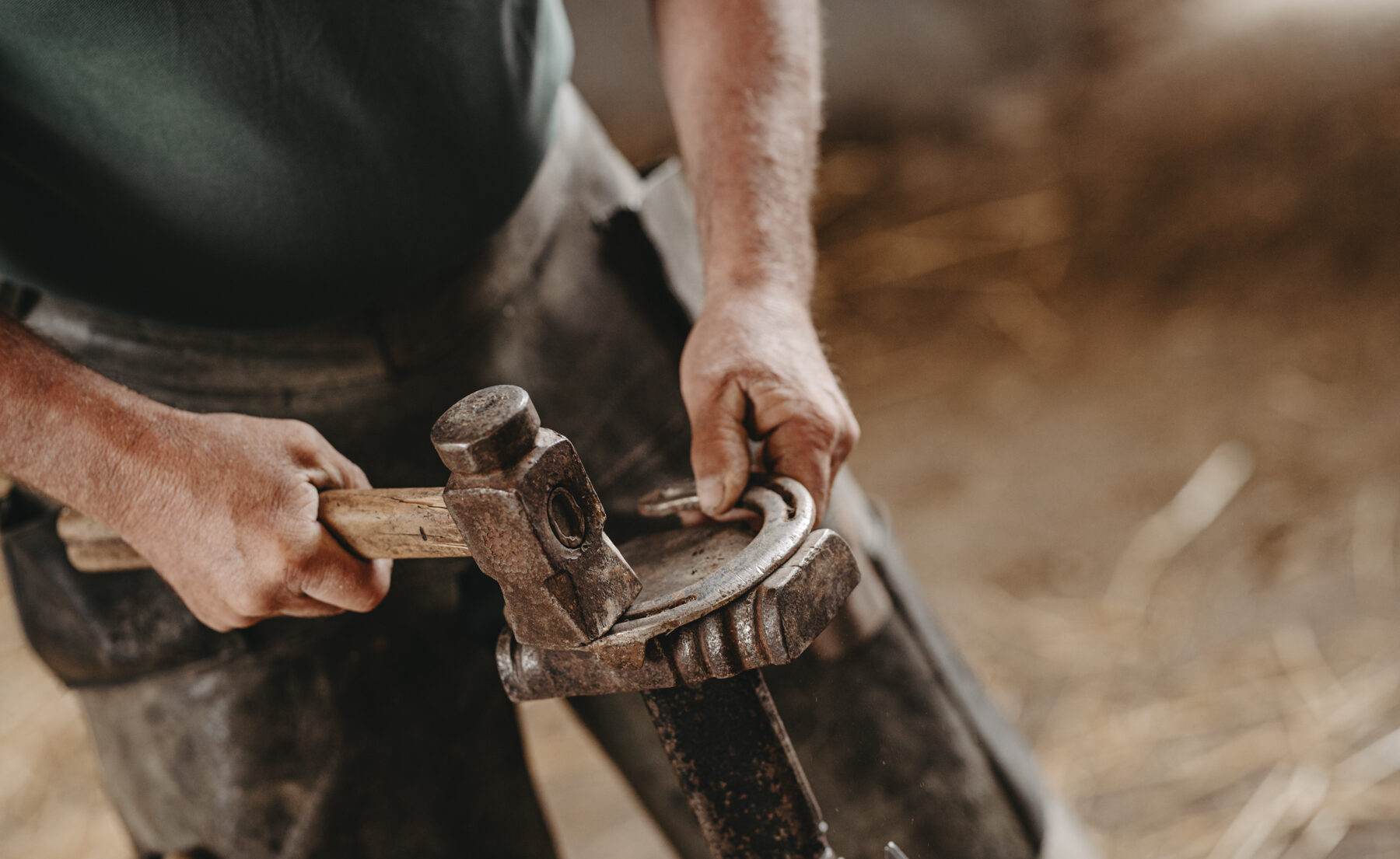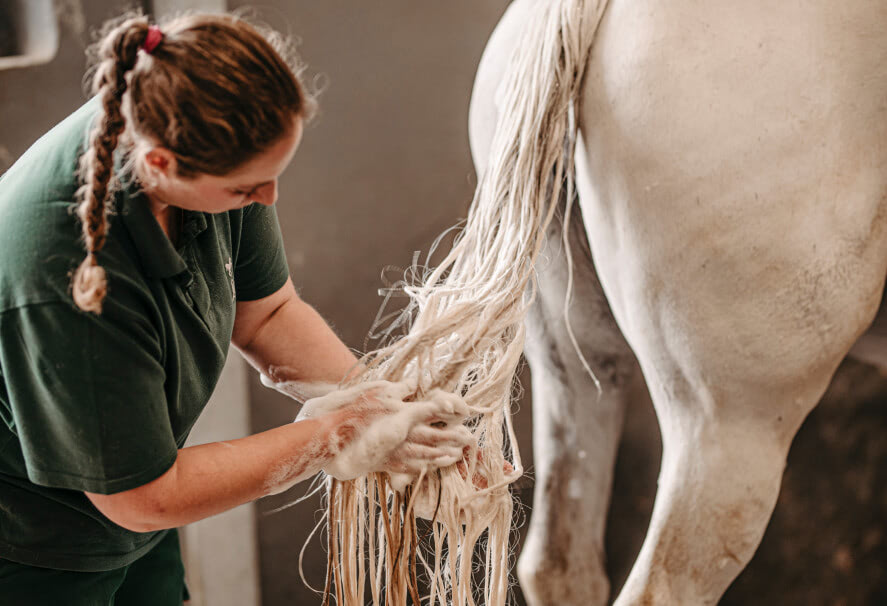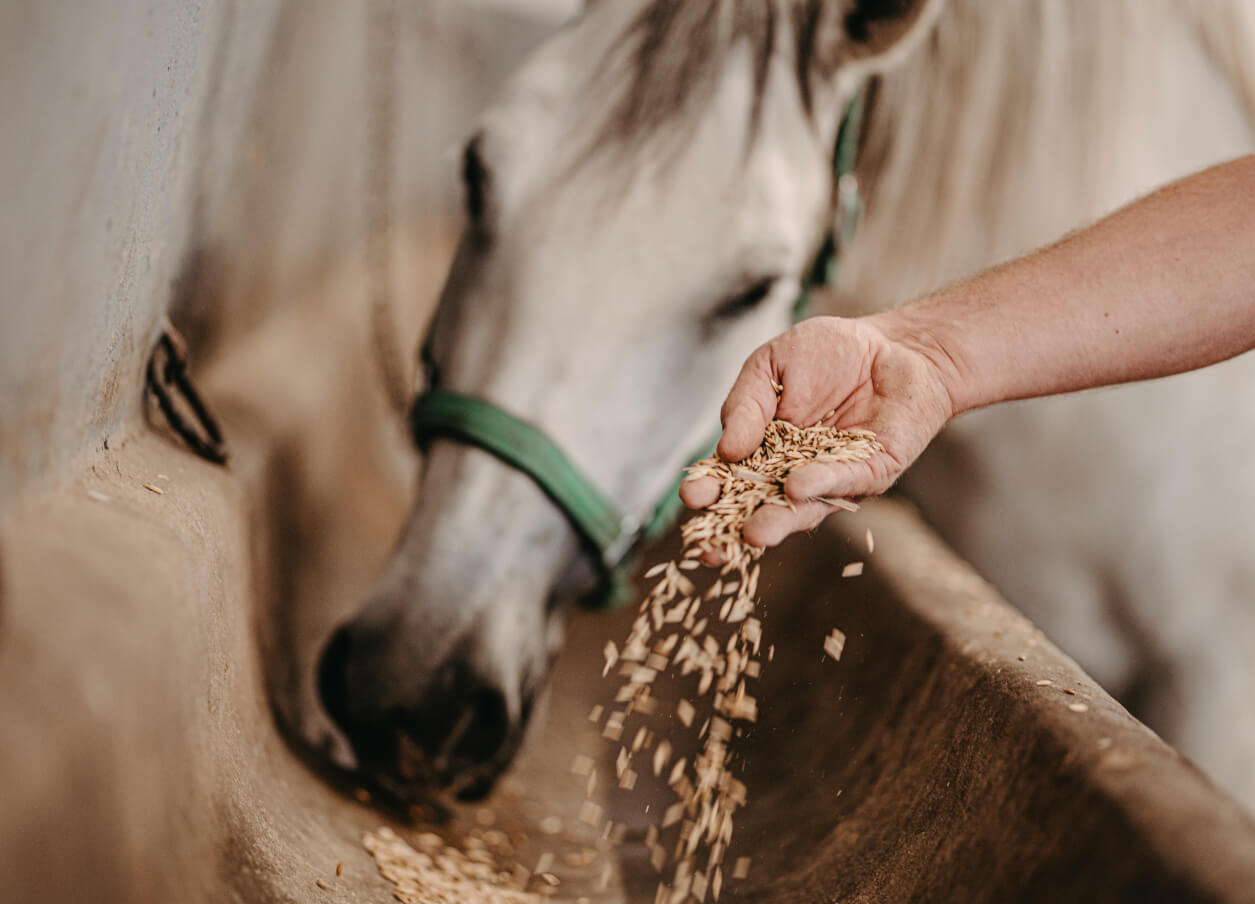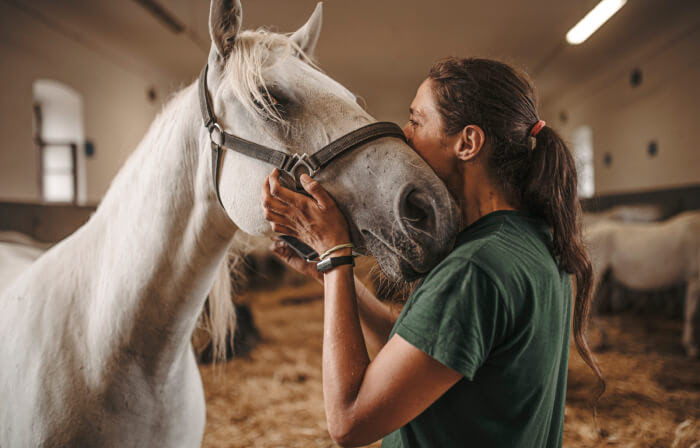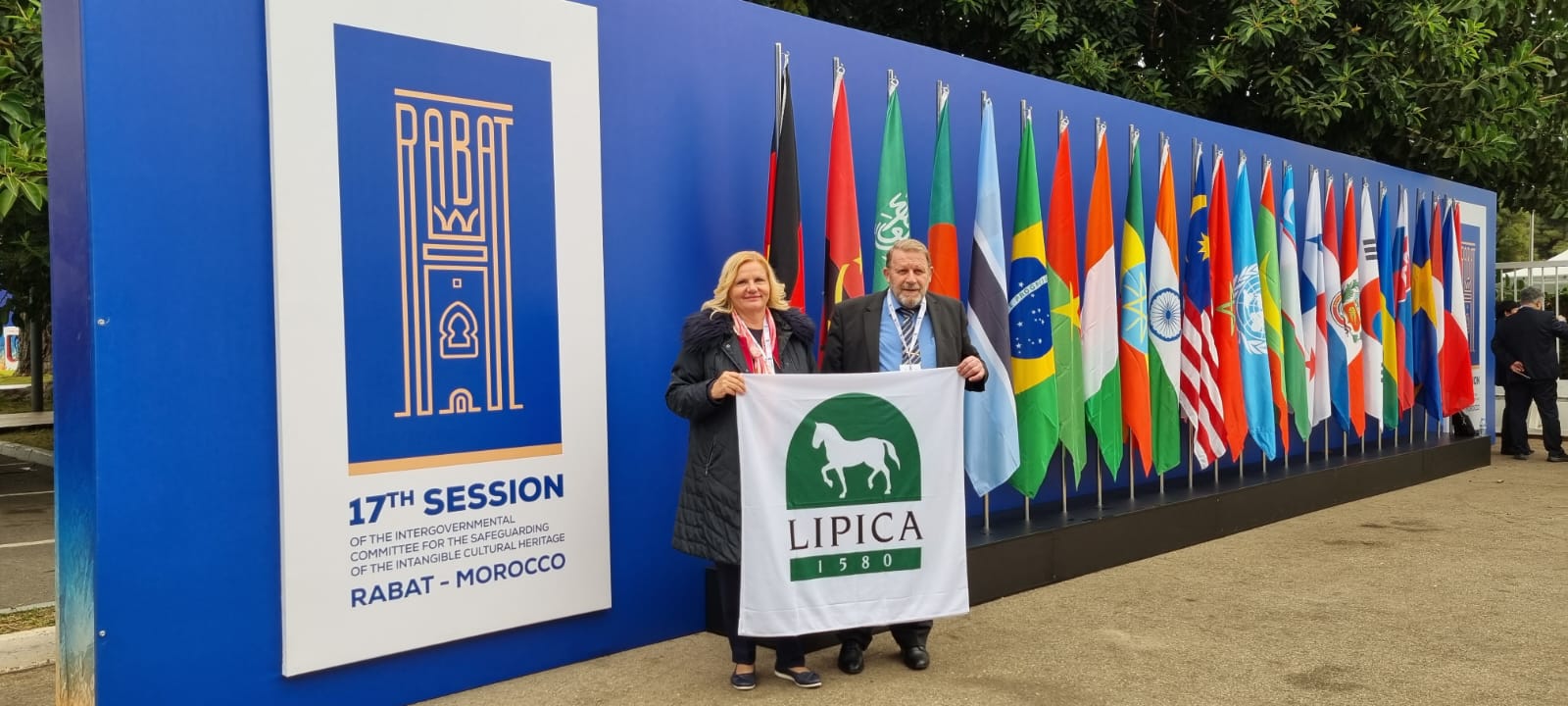Enrollment of Lipizzan breeding on the UNESCO Representative List of the Intangible Cultural Heritage.
The tradition of Lipizzan breeding was on the first of December 2022, enrolled on the UNESCO representative list of the intangible cultural heritage of humanity.
The tradition of Lipizzan breeding in all eight participating countries has been enrolled on the Representative List.
The partner countries are: Austria, Bosnia and Herzegovina, Croatia, Italy, Hungary, Romania, Slovakia, and Slovenia. Lipizzan breeding still relies on principles dating back to the second half of the 18th century. Knowledge of breed development, expertise and practical experience are prerequisites for intentional breeding, daily practices and routines, skills and abilities of horse trainers, riders, carriage drivers, and breeding farriers, as well as training horses under saddle and in harness.
An important aspect related to these activities is the relationship between humans and horses, based on trust and partnership, in which the horse is treated as an equal partner or even a family member.
Lipizzan breeding still relies on principles dating back to the second half of the 18th century. Knowledge of breed development, expertise and practical experience are prerequisites for intentional breeding, daily practices and routines, skills and abilities of horse trainers, riders, carriage drivers, and breeding farriers, as well as training horses under saddle and in harness.
An important aspect related to these activities is the relationship between humans and horses, based on trust and partnership, in which the horse is treated as an equal partner or even a family member.
The breeding of Lipizzan horses involves knowledge and skills of horsemen, riders, carriage drivers, trainers, breeders, veterinarians, and others who actively participate in breeding.
Employees in state studs are the central carriers of the element. There are specific roles of employees in studs who are responsible for breeding, rearing, training, and education. They keep records, follow the purposes and methods of breeding, as well as traditional regulations and routines of studs that have been passed down for centuries.
Private breeders are organized in local, regional, or national breeder associations. Village communities also play an important role in implementing and transmitting the element. Entire families are involved in various aspects and stages of breeding and riding, especially in Bosnia and Herzegovina, Croatia, Hungary, Romania, and Slovenia.
The element also includes craftsmen (e.g. blacksmiths, saddlers, collar makers), various equestrian organizations closely connected to local communities, and involved in traditional festive and folk events.
Congratulations to all participants!
